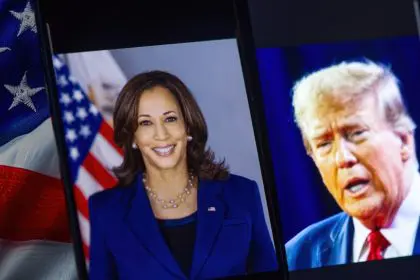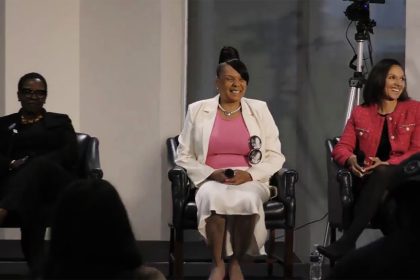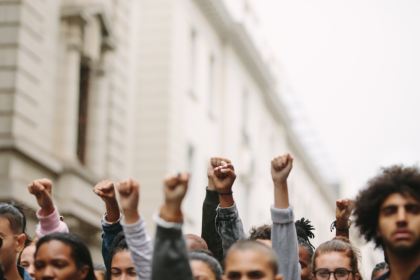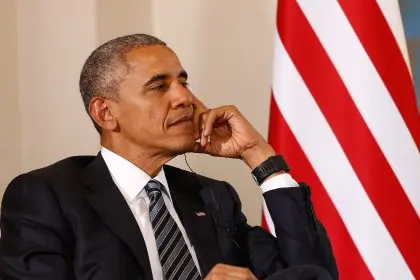As the 2024 election approaches, Vice President Kamala Harris has recently made headlines by sitting down with the National Association of Black Journalists (NABJ) for a long-awaited discussion. This interview comes after a series of high-stakes debates and controversies that have characterized the current political landscape, including multiple assassination attempts and bizarre distractions like donuts and Doritos.
Significance of the NABJ interview
This interview marks Harris’s second official conversation since announcing her presidential bid, highlighting her selective engagement with the media. Critics, including former President Donald Trump’s running mate, Ohio Senator JD Vance, have questioned why Harris has avoided answering questions from the press. Trump himself criticized her absence at the NABJ Conference, where he participated in a sit-down interview.
Concerns about Harris’s media strategy are not limited to her political opponents. Major publications like The New York Post and Politico have suggested that she has been dodging interviews, leaving Black media feeling sidelined. This recent interview may indicate that she is finally responding to the criticism.
Key themes discussed
During her live interview at NABJ in Philadelphia, Harris addressed a variety of pressing issues, including the economy and the ongoing Israel-Hamas conflict. The audience, composed of NABJ members and students from Historically Black Colleges and Universities (HBCUs), provided a unique backdrop for her responses.
While Harris delivered well-prepared answers, many observers noted that her responses felt rehearsed. The only moment of genuine passion came when she condemned Trump for spreading false rumors about Haitian migrants, calling his claims “a crying shame.” She expressed her concern for the community affected by these baseless allegations, stating, “Children, children. A whole community put in fear.”
Repetitive messaging
However, when it came to discussing the economy, Harris reverted to her usual talking points about her “opportunity economy” plans. Her responses regarding the Israel-Hamas War were similarly predictable, emphasizing the need for immediate action. Critics argue that while she answered questions, her responses were largely repetitive, echoing what she has said in previous interviews and debates.
This raises an important question: Is it effective for a politician to stick closely to a script? While Harris aims to connect with a diverse audience, including those who may not have heard her previous remarks, political campaigns often thrive on memorable moments and catchy slogans. The challenge for Harris is to balance consistency with the need for fresh, engaging content that resonates with voters.
The importance of connecting with voters
As Harris continues her campaign, it is crucial for her to reach as many Americans as possible and establish herself as the best candidate for the presidency. The NABJ audience represents a significant demographic of Black Americans, and engaging with them is essential for her campaign’s success.
Despite the challenges she faces, Harris’s campaign is still in its early stages. With less than two months since her announcement, she has the opportunity to refine her messaging and connect with voters on a deeper level. It is vital for her to continue participating in interviews, emphasizing her policies, and drawing clear contrasts with her opponents, including Trump and President Biden.












